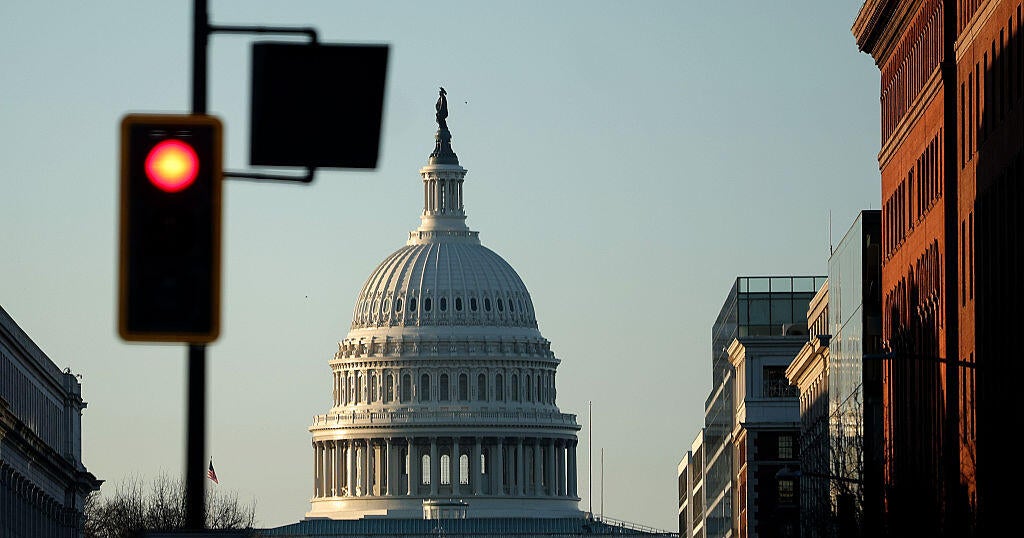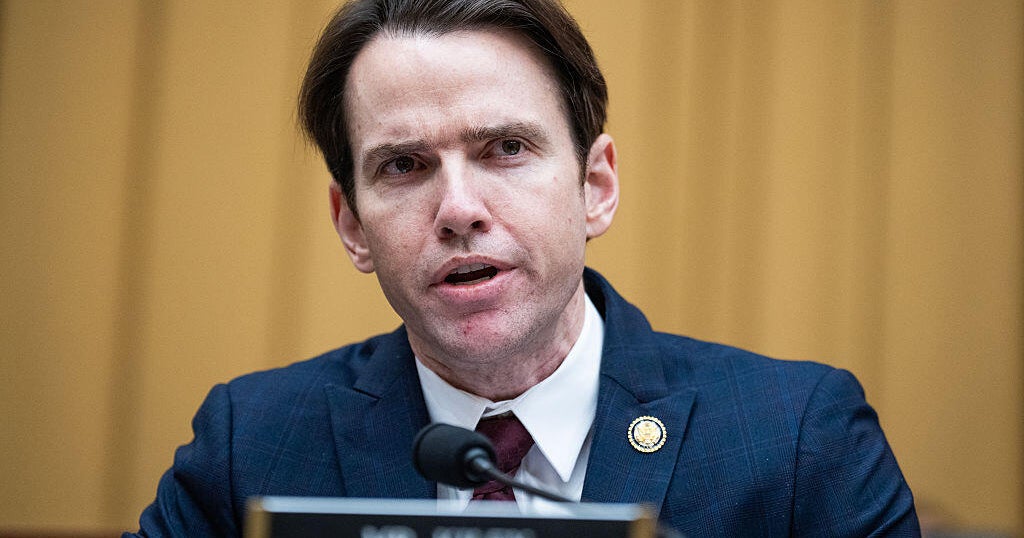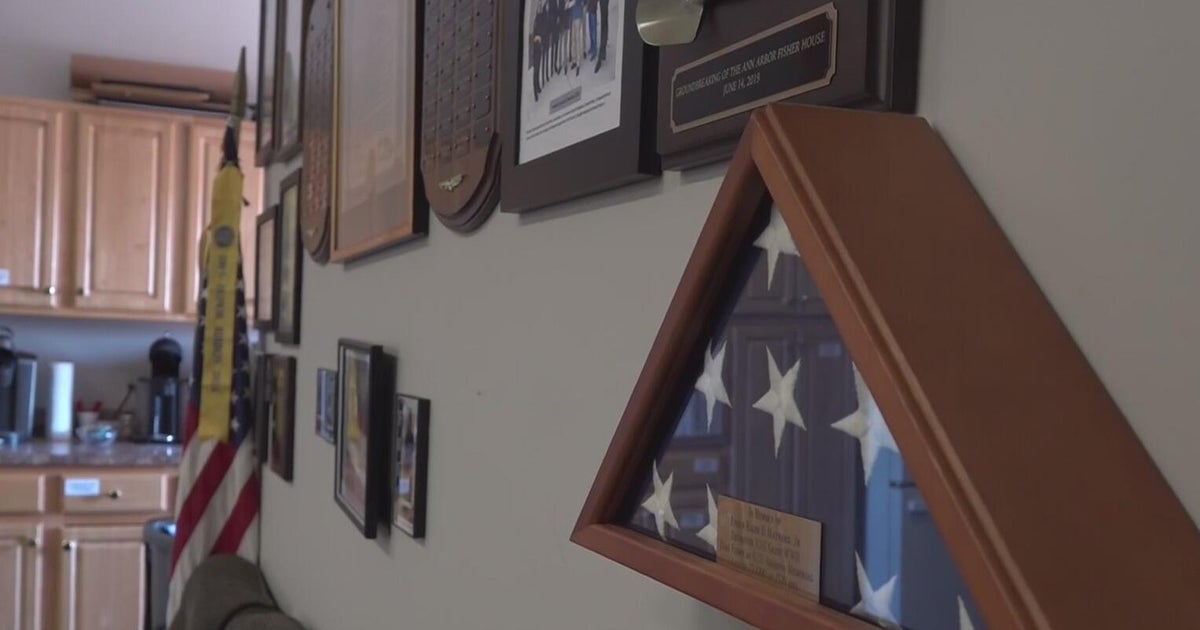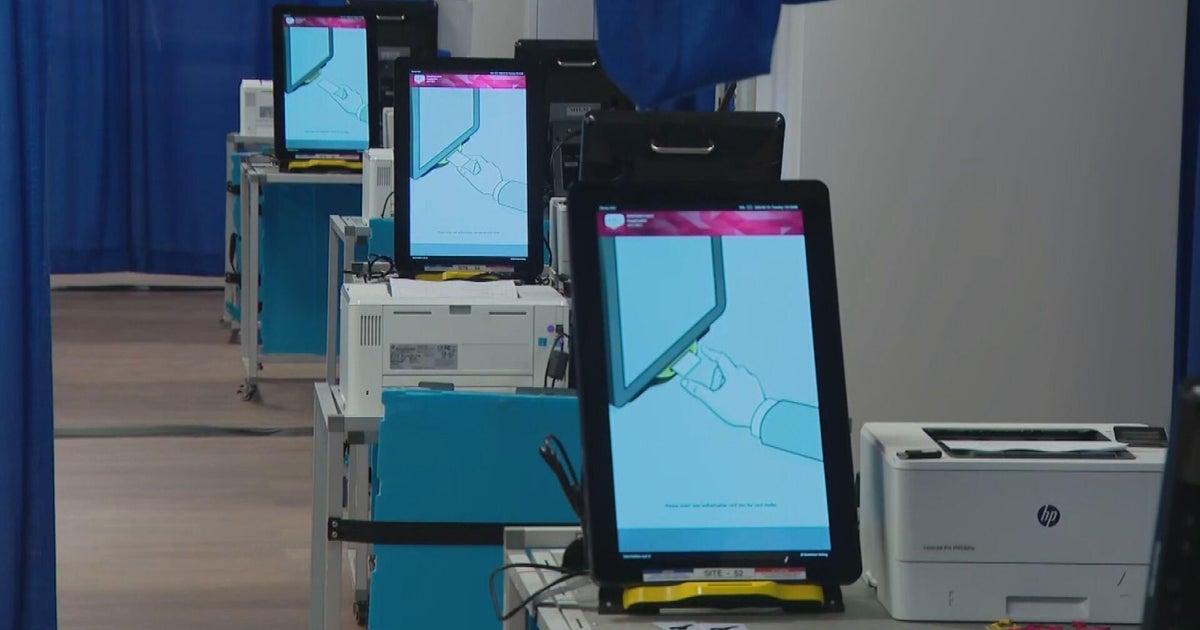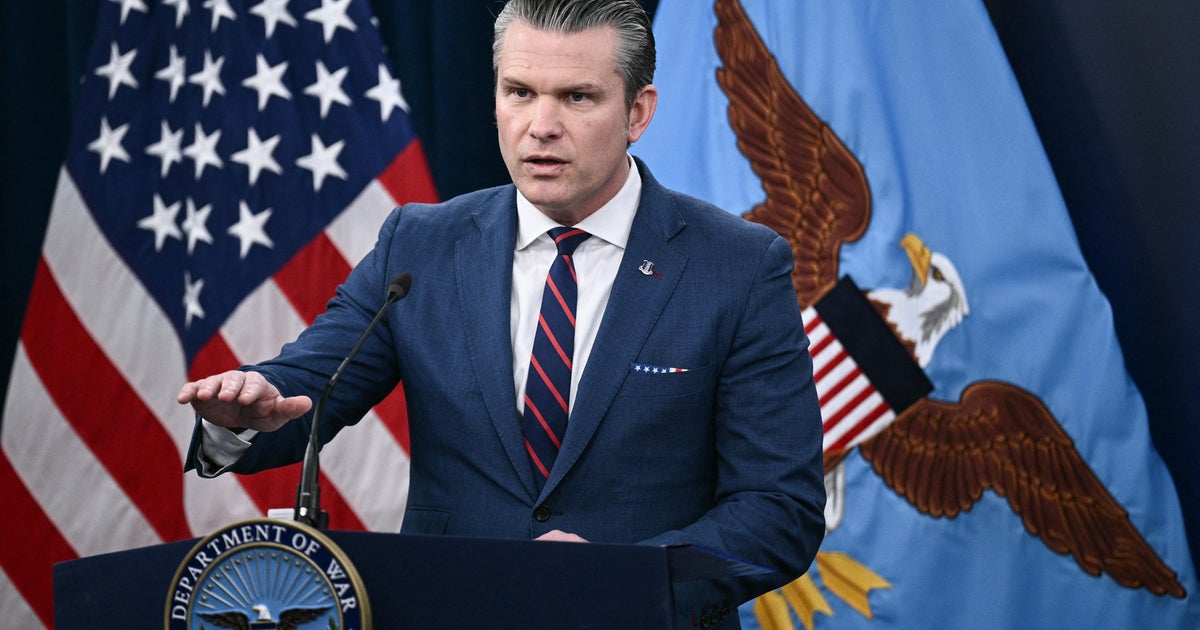House votes to kill Marjorie Taylor Greene's effort to oust House Speaker Mike Johnson
Washington — Rep. Marjorie Taylor Greene proceeded with her threat to try to oust House Speaker Mike Johnson on Wednesday, calling for a vote on a motion to vacate the speaker from the House floor that lawmakers quickly voted to table — that is, to kill it — in a stunning scene that marked a major reversal from a day earlier, and put the threat that had loomed over the speaker to rest.
"The form of the resolution is as follows: declaring the office of the speaker of the House of Representatives to be vacant," the Georgia Republican said, as many in the House chamber booed her. "This is the uniparty for the American people watching."
Shortly after Greene moved forward with the motion, triggering a snap vote, the House voted 359 to 43 to table the motion. The bulk of Democrats joined with most House Republicans to do so. Just 11 House Republicans voted against the motion to table.
The move by Greene marked a reversal from a day earlier, when she appeared to retreat from her threat to trigger a vote to remove Johnson.
"Right now the ball is in Mike Johnson's court," Greene had said after meeting with the speaker on Tuesday.
But Greene moved forward Wednesday evening and in doing so, she teed up a snap vote that had to take place within two legislative days on whether Johnson should remain speaker. Within minutes, House Majority Leader Steve Scalise motioned to table Greene's effort.
After Wednesday's vote, Greene told reporters she wasn't surprised by the result, saying she "fully expected the vote count today." She said she went forward with the motion because her discussions with Johnson in the previous days weren't being resolved to her liking.
"It was like why are we going to keep dragging this out? And so we decided to call the vote today," she told reporters.
Going into the vote, Greene had the public backing of only two other House Republicans, Reps. Thomas Massie of Kentucky and Paul Gosar of Arizona. Meanwhile, Democrats had pledged to save Johnson after he shepherded a foreign aid bill through the chamber last month.
Minority Leader Hakeem Jeffries explained on "60 Minutes" why Democrats would be willing to save Johnson's speakership. "Our view would traditionally be, 'Let the other side work its own mess out,'" Jeffries said. "But when that mess starts to impact the ability to do the job on behalf of the American people, then the responsible thing at that moment might be for us to make clear that we will not allow the extremists to throw the Congress and the country into chaos."
He also suggested that given the sliver of a majority Johnson has as speaker, House Democrats are enormously powerful. "Even though we're in the minority, we effectively have been governing as if we were in the majority because we continue to provide a majority of the votes necessary to get things done," he said. "Those are just the facts."
Greene has been dangling the threat over Johnson since March after he relied on Democrats to push through a $1.2 trillion spending bill to avert a partial government shutdown. Johnson met with Greene on two occasions in as many days this week, where she said she made a list of demands in order to stand down. And Greene has faced intense pressure from her Republican colleagues to reverse course.
Greene would not say Wednesday if she planned to bring more motions to vacate.
Former President Donald Trump said Wednesday in a social media post that "this is not the time" for a motion to vacate, and offered support for Johnson, calling him a "good man who is trying very hard." He added, "I also wish certain things were done over the last period of two months, but we will get them done, together."
The threat to Johnson's speakership came just months after former House Speaker Kevin McCarthy was ousted in a historic vote that marked the first time a speaker had been removed from his post during a legislative session. Eight House Republicans joined with every Democrat in voting to remove him, leading to a weeks-long effort within the GOP conference to select McCarthy's replacement.
McCarthy's removal was prompted by similar frustrations from members of his conference, who opposed his move to work with Democratic lawmakers to keep the government funded. But the chaos that ensued when the House sat without a speaker for weeks, coupled with the reality that Johnson generally enjoys more goodwill among his conference than his predecessor, appeared to make lawmakers less willing to make the same choice this time around.
In remarks to reporters after the vote, Johnson defended himself as a "lifelong movement conservative Republican," and said the nation "desperately needs a functioning Congress." The Louisiana Republican called Greene's attempt to oust him "misguided."
"Hopefully, this is the end of the personality politics and the frivolous character assassination that has defined 118th Congress," he said. "It's regrettable. It's not who we are as Americans, and we're better than this. We need to get beyond it."

